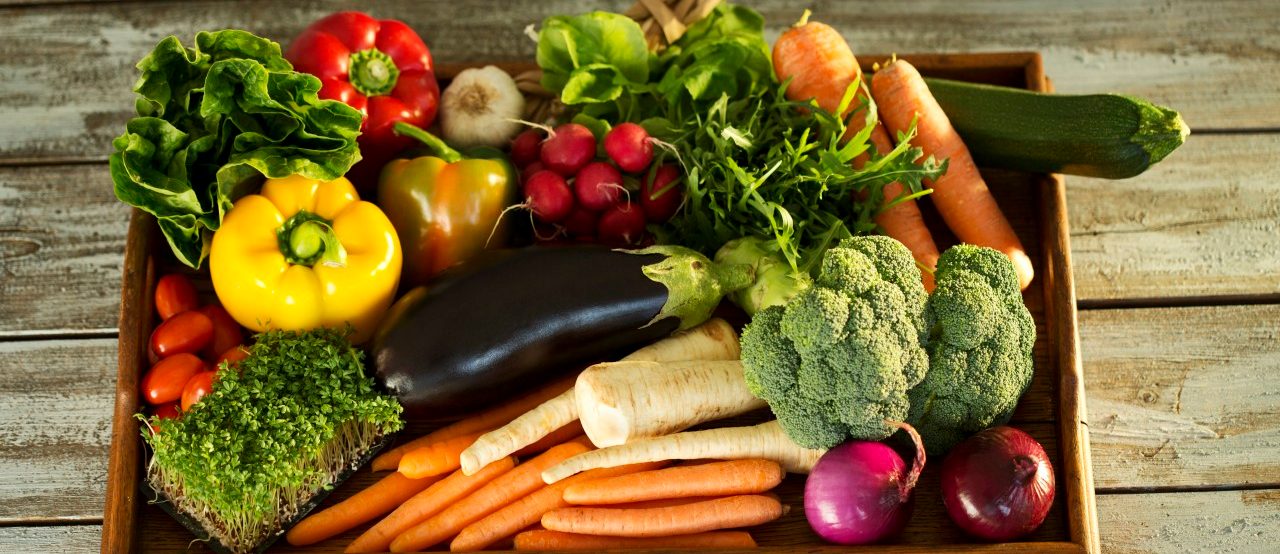The Most Nutrient Dense Foods - Continued

Comparing energy dense and nutrient dense foods
Even when two foods have equal calories, one can be a smart nutrient dense choice while the other one simply provides “empty” calories, with little or no health-building nutrients.
For example, if you indulge in a large serving of four cups of watermelon, you’ll consume about 150 calories. You’ll also be nourishing your body with antioxidant lycopene, vitamins C, B, and A, and potassium. If you down a 12-oz. soft drink, you’ll also take in about 150 calories from simple sugar budget no nutrients at all.
“There are also foods in the same food group that differ in nutrient density,” explained Schwartz, a nutrition consultant for the Department of Defense at MacDill Air Force Base. “A cup of fat-free milk compared to a cup of ice cream is a good example. The milk has double the amount of calcium in the ice cream and only 85 calories, while the ice cream contains unhealthy sugar and fat and has 350 calories.”
The importance of fiber
Fiber content plays a role in whether a food belongs high on a nutrient dense foods list, too, Schwartz adds. For example, a small bag of pretzels and an apple have about the same number of calories. But not only does the apple contain vitamin C and potassium, which the pretzels lack, it’s a rich source of fiber, as well.
Researchers have documented adequate fiber, along with vitamins, minerals, and phytochemicals, is important to maintain health.
Not only can fiber relieve and prevent constipation, studies suggest high-fiber diets can help keep weight under control and reduce the risk for certain cancers, type 2 diabetes, and heart disease, according to the National Institutes of Health.
Updated:
April 09, 2020
Reviewed By:
Janet O’Dell, RN